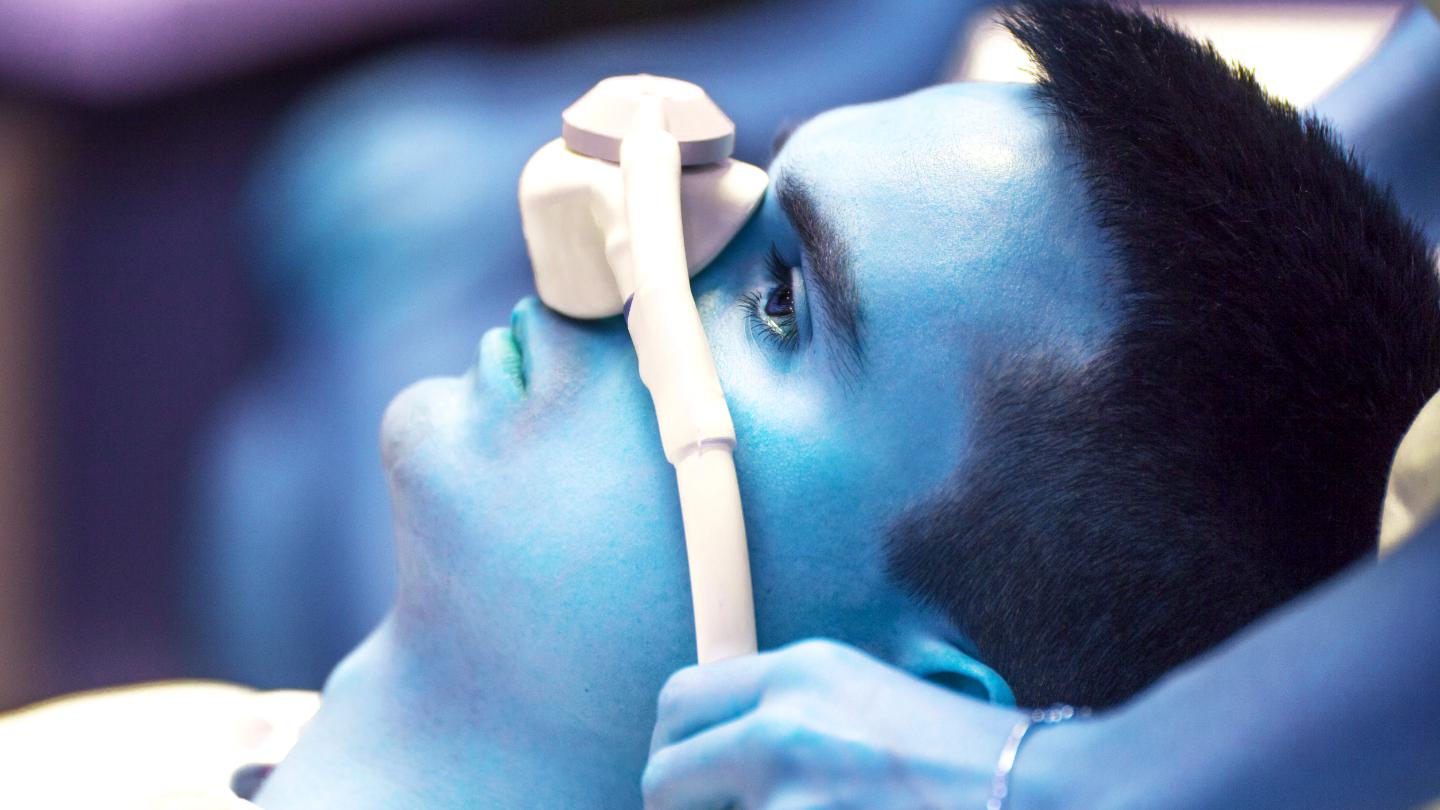Study explains that sudden urge to jump from high places

Have you ever been walking near the edge of a cliff when suddenly, for no apparent reason, you felt the urge to jump?
If so, you’ve probably experienced high-place phenomenon (HPP), as it was dubbed in a research paper by a team of psychologists from Florida State University. It turns out the phenomenon is relatively common, but it’s only recently been the focus of scientific study.
“We were talking one day in a lab meeting and some of us had experienced it,” said then psychology doctoral student Jennifer Hames, who led the study. Her team, however, couldn’t find any mention of the phenomenon in the scientific literature. “So we thought, ‘what a great study!'”
Although new to American psychologists, the French had already coined the phenomenon as L’appel du Vide, or The Call of the Void — arguably a much cooler name.
In any case, the researchers reasoned their study could help explain Freud’s idea of the death drive, or maybe why some people seem to commit suicide impulsively.
So they surveyed an online sample of 431 nearby undergraduate college students about whether they had ever experienced the sudden and unexplainable urge to jump from a high place. The respondents were also assessed for their history of ideation, depressive symptoms, abnormal mood episodes and sensitivity to anxiety, which was measured by how fearful respondents were of its physical symptoms.
(If you’re still unsure what HPP is, Christopher Walken explains his encounters with it in this scene from “Annie Hall.”)
The results showed:
So, what’s happening here?
The researchers’ speculation goes something like this: You’re hiking alongside a cliff when suddenly, by reflex, you step back from the edge. This was instinct, a survival response. But your conscious brain, working rapidly, conjures a rational explanation for stepping back: “I must have wanted to jump.” This post hoc explanation revises your understanding of the situation, implanting intent or motive where none existed.
As for why people high in anxiety sensitivity experience HPP more often, the reason might be that they’re more likely to have a physiological response to potentially dangerous scenarios, like falling off a cliff. Suicidal thoughts, it seems, don’t explain why people feel the sudden urge to jump.
“Thus, individuals who report experiencing the phenomenon are not necessarily suicidal; rather, the experience of HPP may reflect their sensitivity to internal cues and actually affirm their will to live,” the paper concludes.





